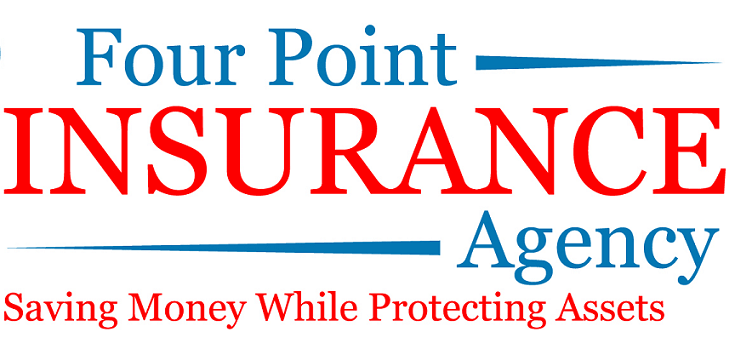
Some hate it, others don’t care – but the Insurance Score is an important factor for insurance companies in setting the cost of your insurance policy.
Insurance companies consider prospective customers’ credit scores to determine their policy pricing. The theory is that a high credit score is a reflection of the customer’s general level of responsibility. The more responsibly a person deals with their financial matters, the more responsible they’ll likely be when it comes to driving patterns or homeownership. Responsible behavior translates into a low risk of having a claim or an accident. Although there are certainly individual exceptions, the statistical correlation behind higher insurance scores predicting fewer and lower cost claims is very strong. If it wasn’t, insurance commissioners around the country who are responsible for approving insurance comapny rates would not allow Insurance Scores to be a rating factor. Use of Insurance Scores allows companies to reward responsible behavior with lower premium rates.
When an insurance company offers a quote for a prospective customer, it is actually not a “one-size-fits-all” price, but a complicated customized proposal based on the individual’s type of car and safety features, driving record, miles driven, profession and/or educational background, age, marital status, location and a variety of other factors. The Insurance Score actually represents a small portion of each client’s overall rate.
You might wonder if accessing your credit records hurts your credit score. The good news is that the Insurance Score is what is known as a “soft hit”. When it comes to credit checks, there are two kinds of hits: Loan or credit applications that reflect a desire to borrow “new” money usually result in a “hard hit” and may adversely affect your credit score. Account reviews by current lenders and insurance score checks are “soft hits” that won’t affect your credit score.
So while a good credit score may provide you with a high Insurance Score and lower insurance rates, obtaining these insurance quotes will not lower your credit score.
Travelers Insurance provides 10 tips that will help you improve your insurance score and potentially reduce your insurance rates:
- Pay bills on time.
- Keep outstanding balances at least 75% below your available credit.
- Avoid too many hits on your credit report from loan and credit card applications.
- Limit the number of credit accounts and credit cards in your name.
- Regularly review your credit report. Under the Fair Credit Reporting Act, you are entitled to one free and secure annual credit report from each of these sites: Equifax, Experian, and TransUnion. Spread them out over the year to monitor your credit score.
- Avoid “quick” credit fixes – good credit is built over time.
- Make a plan (and follow it, too) to effectively pay down existing debt without generating new debt.
- Limit the amount of new debt you take on.
- Establish credit to build credit history – a longer track record has a positive impact on your score.
- Work with your creditors. Resolve outstanding balances before they are turned over to a debt collector.

No responses yet